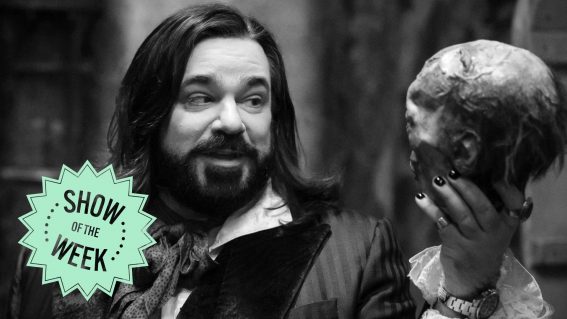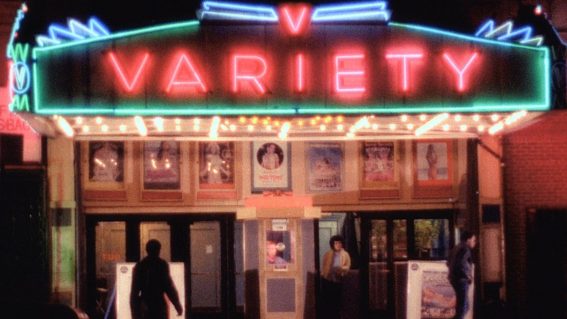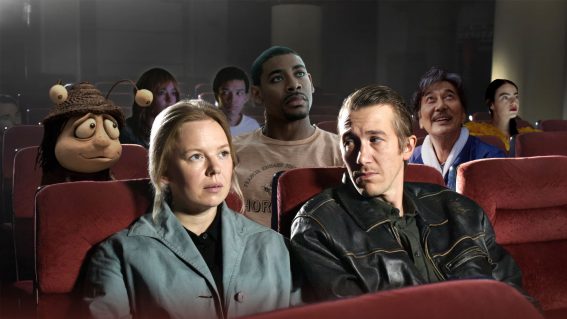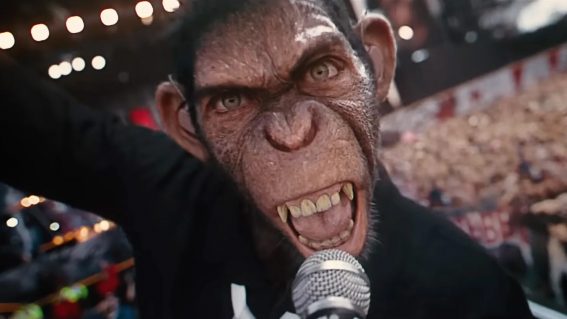New doco I Am: Céline Dion is a gut punch – and a celebration
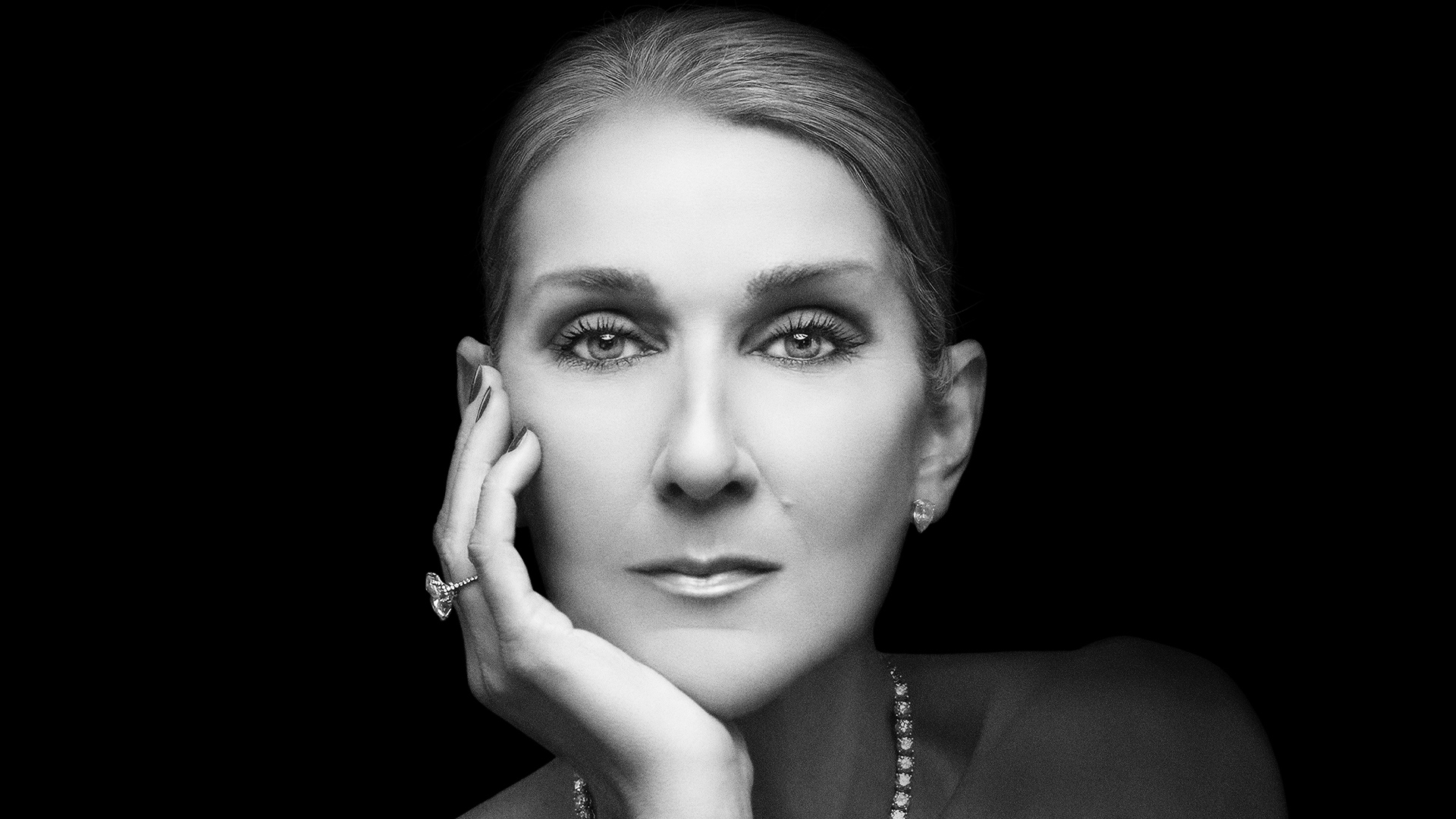
Witness an insight into terrifying illness and the celebration of an icon in I Am: Céline Dion. It’s startling to be confronted by Dion’s health, but great to see her natural sass, says Stephen A Russell.
When Rolling Stone magazine released a list of the 200 greatest singers of all time last year, Grammy Award-winning Céline Dion was nowhere to be seen.
Furious that the singer of Titanic anthem My Heart Will Go On wasn’t included, a boatload of the French-Canadian superstar’s fans descended on the mag’s New York office, demanding the snub be righted while blasting her greatest hits, including a goosebump-inducing cover of The Power of Love, on the street in defiance.
This image popped into my head when contemplating how much the star has meant to millions of souls worldwide. Some 27 albums and 250 million records sold into her glimmering career, Dion is an undeniable force, driven (all night) by those adoring fans.
“The fans give me energy; lots of it,” Dion says in French in Oscar-nominated director Irene Taylor’s gut-punch of a documentary, I Am: Céline Dion. Archival footage from early on in the singer’s vaunted career speaks volumes. “Being on stage is the gift of show business. It’s like a drug fix. When you have the soul of an artist, you can’t live without it.”
And then, all of a sudden, on the eve of her much-anticipated Las Vegas residency, Dion had to do exactly that. Live without it.
There’s a viciously cruel irony in this one-in-a-million star having her voice stolen by Stiff Person Syndrome (SPS), an equally rare autoimmune neurological disorder that brings on often cripplingly painful, incapacitating muscle spasms.
“Music, I miss it a lot,” she says. “But also the people. I miss them most.”
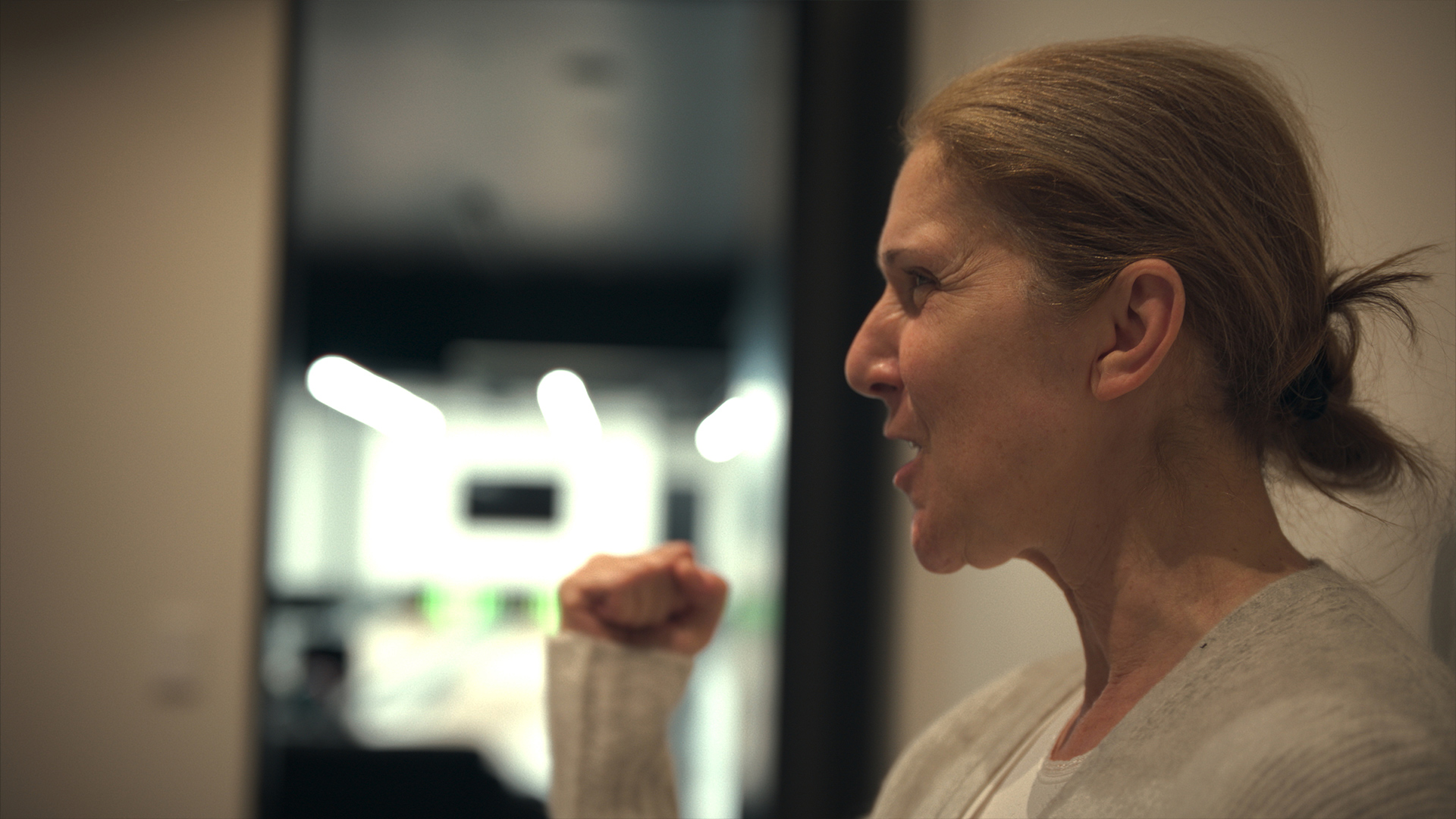
Dion first noticed the effects in her throat around 17 years ago, when suddenly her voice would leap up unexpectedly the morning after a big show, when usually it would go lower. Struggling with the impact on her range, she’d have to go easy on her vocal warmups, a move that paradoxically put her at more risk of injury.
It’s startling to be confronted, unflinchingly, by contemporary footage of these terrifying incidences captured by Taylor. They feel like an invasion of privacy. Should a filmmaker even be here, never mind recording it? But I checked myself. Of course, Dion wants us to see what far too many folks would deny. A so-called ‘invisible illness’ that wreaks havoc on her body.
As SPS flare-ups increasingly seized up Dion’s throat—and soon her entire body—her team increasingly had to tell little white lies that cut the singer deep before she was ready to share her truth in a video message watched by millions.
In perhaps the most heartbreaking moment of I Am: Céline Dion, the harmful effect of careless assumptions about hidden illness are laid bare when the singer reveals her fear of being seen in an everyday happy moment with her family by an angry fan after cancelling a gig they paid good money for. “It’s not hard to do a show, you know,” Dion says. “It’s hard to cancel one.”
Baring her soul for just north of 100 minutes in Taylor’s melancholic but indomitably spirited movie, Dion makes it clear she sees her singing as a calling and has done since being inspired by mighty soprano Maria Callas. “When your voice brings you joy, you are the best of yourself.”
Packed with archival footage of her astounding concert performances—that range, honestly, Rolling Stone, sort your shit out—cute glimpses of her wide-eyed early career, family-shot home videos of her parents, 13 siblings, late husband René Angélil and their kids, it’s a glorious celebration of a life well-lived as much as it’s a mourning of what she’s lost.
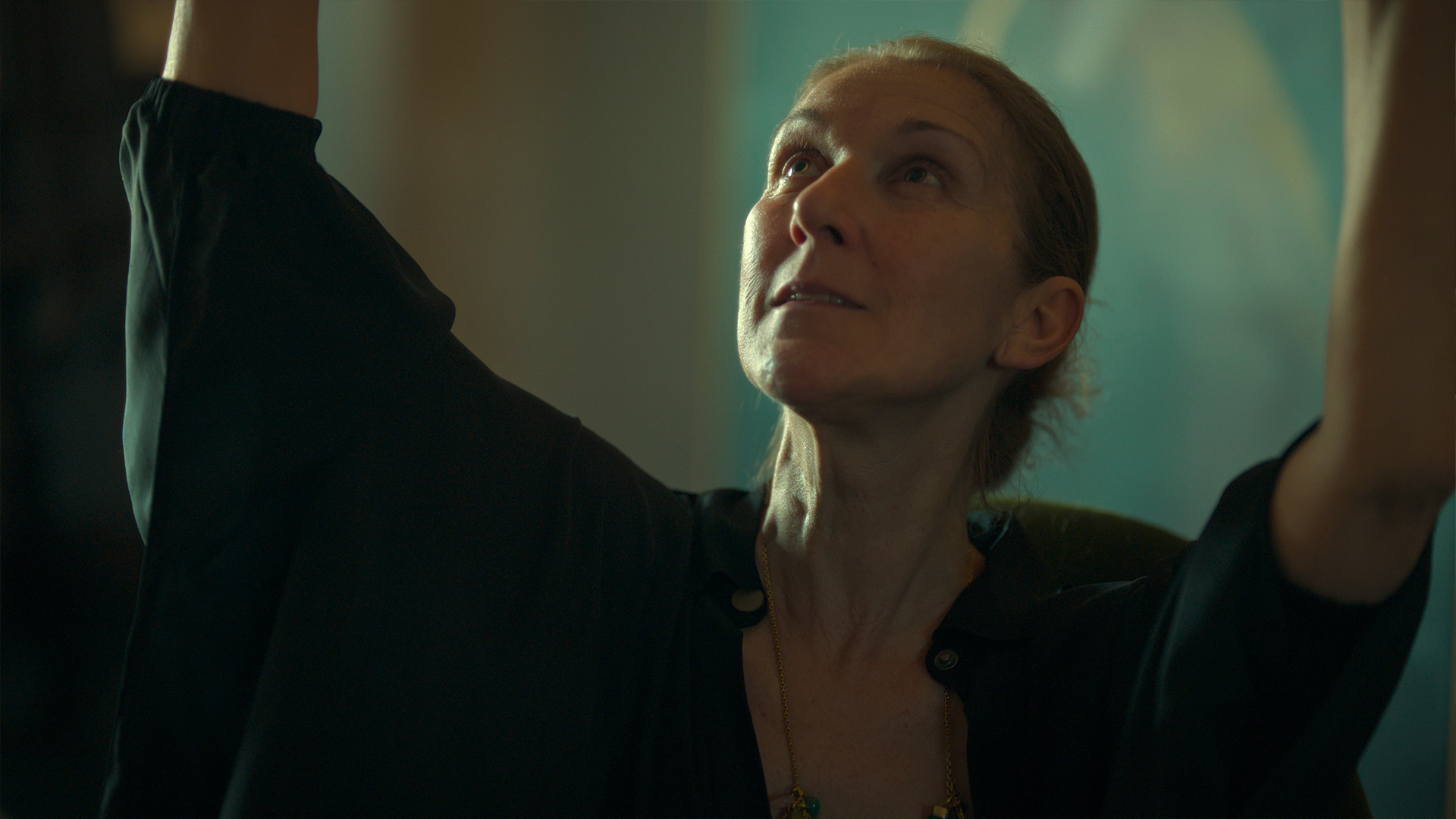
Without that voice, she doesn’t see herself as Céline Dion anymore. A fact underlined when she discusses how much the power of Australian singer John Farnham’s song You’re the Voice, and getting to sing it live with him in 2018, meant to her, as well as her concern over his own health battles. A clip of Dion challenged by Jimmy Fallon to sing like Sia on The Tonight Show is slightly less effusive, hilariously so.
It’s not all maudlin, with Dion a naturally sassy guide. Sex and the City fans or those tickled by Jean Smart’s fashion-forward Deborah Vance in Hacks will love a camply fantastic glimpse into Dion’s actual warehouse wardrobe—“I feel like Liberace”—and the revelation that she’ll buy a heel sized from 6-10, “When a girl loves her shoes, she always makes them fit.”
Ultimately, it’s a funny clip from the music video for her Deadpool 2 torch song, Ashes, of all things that underlines Dion’s resilience.
When Ryan Reynold’s masked avenger asks her to do it again because “It’s too good, this is Deadpool 2, not Titanic,” and asks her to tone it down from an 11 to a five, “Just phone it in,” her immortal response sums up the valiant journey she’s undertaking to return to the stage.
“Listen, this thing only goes to 11, so beat it, Spider-Man.”



